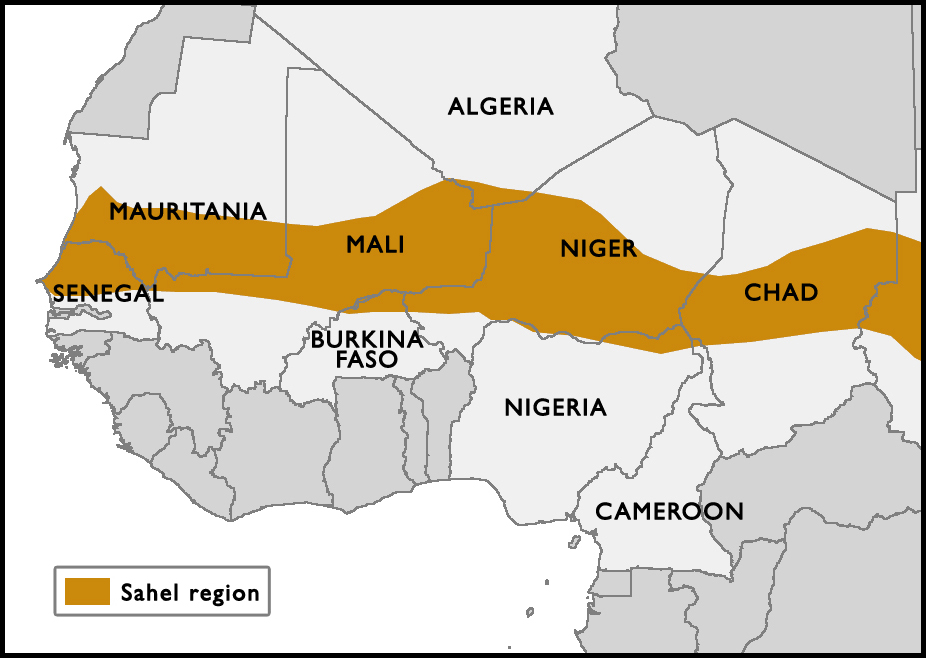ECOWAS Pledges To Tackle Insecurity In The Sahel Region
The Economic Community of West African States, ECOWAS, has restated its commitment to tackle security situation in the Sahel and Lake Chad Basin, in the bid to bring lasting peace and sustainable development to the region.
The President of ECOWAS Commission, Mr Jean-Claude Brou, said this in his address at the High Level Meeting of Regional Organisations organised by the commission on Tuesday in Abuja.
Brou, represented by Gen. Abdullah Boureima, Commissioner for Political Affairs, Peace and Security, said the security situation in the region had become fragile and, therefore, the need for renewed efforts.
“We note the increasing violence in Mali, Burkina Faso, Niger and Nigeria, violent and terrorist activities, conflicts take toll on the population and on the future generation.
“The meeting has become important for us to promote cooperation on actions that will benefit people in the Sahel region.
“With a population of more than 350 million the Sahel covers 16.6 million kms; ECOWAS is at the heart of the Sahel because it is made up of a large number of Sahelian countries.
“On the other hand, in one way or the other, Sahelian issues directly or indirectly affect all ECOWAS countries.
“The Sahel region faces many challenges such as drought, poverty, malnutrition and illicit trafficking.”
According to him, the combination of these socio-economic problems cause instability, seriously threatening peace and security in both Sahelian and non-Sahelian-states.
“Sahelian issues directly or indirectly affect all ECOWAS; this meeting provides an additional opportunity for us to enhance synergy around issues of common interest to ECOWAS, regional and international organisations.”
In his address, Dr Ibn Chambas, Representative of the UN Secretary-General for West Africa and the Sahel, said efforts were ongoing to tackle the threats to stability and development. He decried violence the related to pastoralism, noting that it had increased in frequency and geographic scope. According to him, this year has also shown the continuous impact of climate change and food security on the Sahel population.
Chambas said socio-economic inequalities, including the lack of access to basic rights, services and economic opportunities, violence and challenges to the role and participation of women, continue to hamper progress.
“In view of these challenges for several years, we have mobilised and launched responses, each on our own; gaps in coordination have been raised during meetings of Ministerial Platform since 2014. “Nonetheless, we should acknowledge valuable lessons learned from various initiatives designed to assist the region and successes achieved; it is relevant to reaffirm our common objectives concerning our difficulties.”





